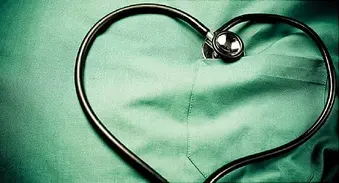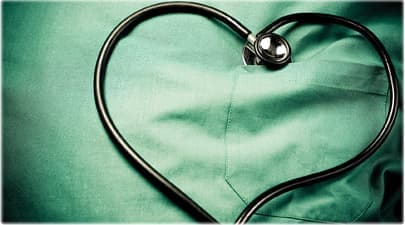Ticker Test: Myths and Facts About Your Heart Health


Question 1/12
Your heart needs 1 straight hour of exercise every day.
- Myth
- Fact
Question 2/12
Your heart stops beating when a heart attack strikes.
- Myth
- Fact
Question 3/12
Fiber can lower your cholesterol.
- Myth
- Fact
Question 4/12
Jaw or back pain could be a sign of a heart attack.
- Myth
- Fact
Question 5/12
You get high cholesterol just because of what you eat.
- Myth
- Fact
Question 6/12
Cut out the salt for your heart’s sake.
- Myth
- Fact
Question 7/12
Low-dose aspirin can help you avoid another heart attack.
- Myth
- Fact
Question 8/12
Eat only fat-free foods to protect your heart.
- Myth
- Fact
Question 9/12
Being obese is the biggest risk factor for heart disease.
- Myth
- Fact
Question 10/12
Heart disease kills more women than breast cancer.
- Myth
- Fact
Question 11/12
To lower chances of heart disease, even non-drinkers should drink red wine.
- Myth
- Fact
Question 12/12
Eat fish at least twice a week for a healthy heart.
- Myth
- Fact
